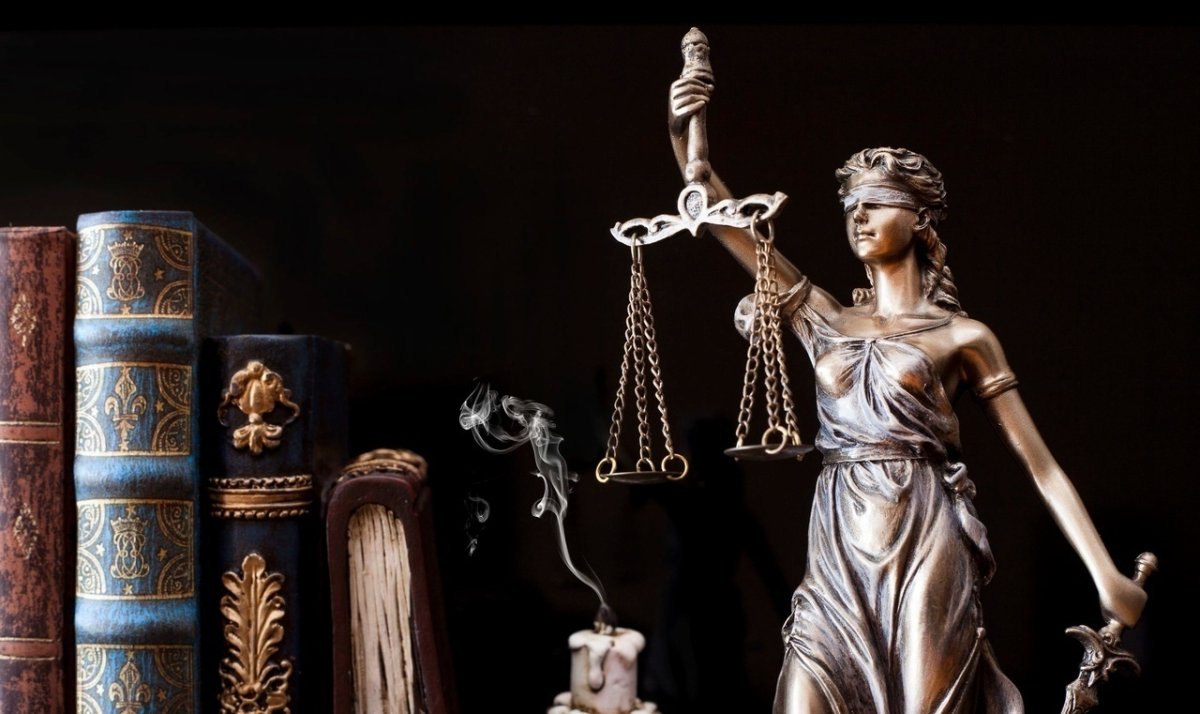Peculiarities of licensing and permitting activities during martial law
Introduction
Martial law is a special legal regime introduced in a country to repel armed aggression or eliminate a threat to national security. During martial law, many aspects of economic and administrative activities may be subject to changes, including licensing and permitting procedures. In this section, we will consider the main features of licensing and permitting activities during martial law.
The main part
Legal framework
The Constitution of Ukraine
- Basic provisions on national security and the possibility of martial law.
- Guarantees of citizens' rights during martial law.
Law of Ukraine "On the Legal Regime of Martial Law"
- Determination of the procedure for the introduction of martial law and its legal consequences.
- Powers of state bodies during martial law.
Special regulations and legal acts
- Resolutions of the Cabinet of Ministers of Ukraine.
- Orders of ministries and agencies regulating licensing and permitting activities during martial law.
Detailing the peculiarities of licensing and permitting activities during martial law
Simplified licensing procedures
Introduction of temporary licenses
- Temporary licenses: Issuance of temporary licenses for a limited period of time for enterprises of strategic importance for national security.
- Simplified package of documents: Reducing the number of documents required to obtain temporary licenses.
Accelerated review of applications
- Fast procedures: Establishment of shortened timeframes for reviewing licensing applications to ensure efficiency.
- Priority consideration: Priority is given to applications from enterprises engaged in the production of defense products or providing critical infrastructure.
Remote application submission
- Electronic submissions: Introducing the possibility of submitting license applications electronically.
- Online consultations: Providing advisory support to applicants through online services.
Features of licensing
Simplification of procedures
- Accelerated review of applications: Introduction of simplified procedures for reviewing license applications.
- Reduction of requirements: Temporary reduction or abolition of certain requirements for obtaining licenses in certain sectors of the economy.
Priority industries
- Defense sector: Priority licensing of enterprises producing products for defense needs.
- Critical infrastructure: Priority for enterprises providing vital services (energy, transportation, communications).
Perhaps you will be interested in the services of our platform: consultation of a lawyer, consultation of a lawyer, analysis of documents, legal analysis of the situation, legal analysis of the situation, written consultation, verification of documents by a lawyer, legal analysis of documents, lawyer online, lawyer online, legal opinion, legal opinion of a lawyer, legal opinion, legal analysis, lawyer's consultation, document analysis, legal opinion of a lawyer, lawyer in Ukraine, lawyer in Kyiv.
Control and supervision
- Increased control: Increased control over licensees' activities to prevent abuse and ensure compliance with martial law requirements.
- Liability for violations: Increased liability for violation of license conditions during martial law.
Features of licensing activities
Adaptation of permitting procedures
- Temporary permits: Issuance of temporary permits for activities that require a quick response.
- Electronic permits: Introduction of electronic procedures for obtaining permits to simplify and speed up the process.
Reduced review time
- Rapid response: Reduce the time it takes to process permit applications in critical situations.
- Priority consideration: Priority consideration of applications related to national security and defense.
Interaction with other government agencies
- Coordination of actions: Increased coordination between different government agencies for efficient permitting.
- Information exchange: Ensuring prompt exchange of information between government agencies for decision-making.
Challenges and issues
Administrative barriers
- Bureaucratic obstacles: Addressing issues related to bureaucratic obstacles in the licensing and permitting process.
- Insufficient coordination: Problems arising from a lack of coordination between government agencies.
Corruption and abuse
- Prevention of corruption: Implementation of measures to prevent corruption in the process of issuing licenses and permits during martial law.
- Strengthening supervision: Increase the frequency and quality of controls to prevent abuse.
Technical and resource limitations
- Infrastructure challenges: Problems related to the destruction of infrastructure, which complicates the process of issuing licenses and permits.
- Resource constraints: Insufficient financial and human resources to ensure the proper functioning of the permitting system.
Recommendations for improving licensing and permitting activities during martial law
Optimization of the legal framework
- Continuous monitoring and updating: Continuously update regulations to reflect changes in the situation and the needs of the economy.
- Clear instructions: Issue clear instructions to government agencies and businesses on licensing and permitting procedures during martial law.
Implementation of modern technologies
- Electronic platforms: Development and implementation of electronic platforms for submitting applications for licenses and permits.
- Process automation: Automation of the processes of reviewing and issuing licenses and permits to reduce the human factor and speed up procedures.
Increase transparency and accountability
- Public access to information: Ensuring open access to information on licensing and permitting processes.
- Anti-corruption measures: Implementation of anti-corruption programs and mechanisms to prevent abuse.
Improving the efficiency of interaction between the authorities
- Interagency coordination: Establishment of focal points to improve interaction between different government agencies.
- Information systems: Implementation of integrated information systems for data exchange between government agencies.
Education and training of personnel
- Professional training: Conducting trainings and educational programs for employees of government agencies involved in licensing and permitting.
- Exchange of experience: Organizing events to share experiences and best practices among professionals.
Conclusion.
Licensing and permitting activities during martial law require special attention and adaptation to the emergency situation. Simplifying procedures, introducing modern technologies, increasing transparency and efficiency of interaction between the authorities are key steps to ensure the smooth functioning of the economy and support national security and defense. It is also important to continue to improve the legal framework and invest in staff training to ensure the highest level of competence and responsibility in licensing and permitting activities.

































